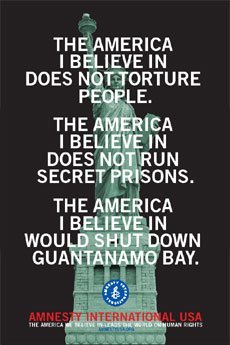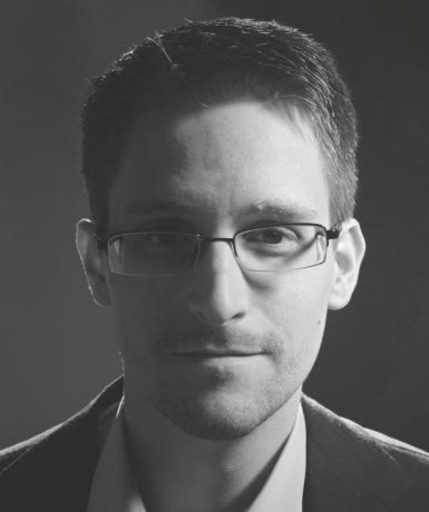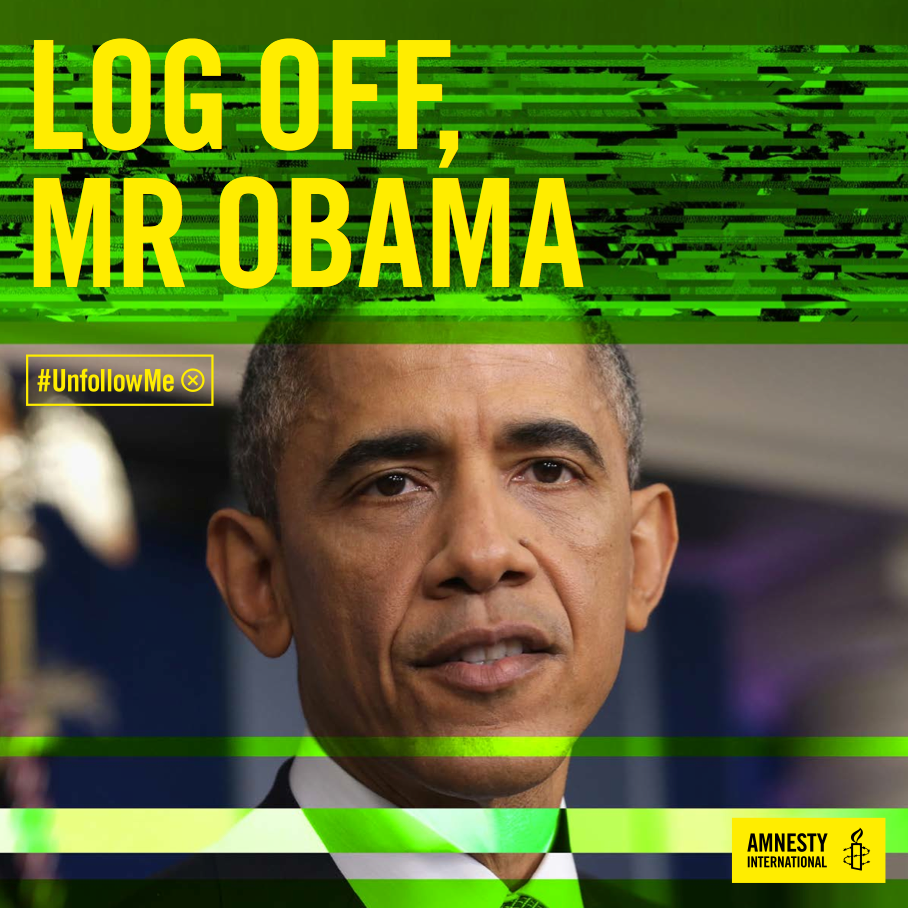 I see this poster every day in the main hallway of our Amnesty International office: it depicts the Statue of Liberty and reads: “The America I believe in leads the world on human rights.”
I see this poster every day in the main hallway of our Amnesty International office: it depicts the Statue of Liberty and reads: “The America I believe in leads the world on human rights.”
It’s aspirational. And in too many ways, it’s proven the opposite of true. The United States is leading the world in perversely innovative human rights abuses, such as unlawful drone strikes and mass surveillance tapping into the Internet’s backbone.
And when it’s the US rather than another country committing human right abuses, there are additional consequences: the U.S. sets dangerous precedents for other nations to follow, while providing abusive regimes a ready-made excuse to flout their human rights obligations.
Still, I think there’s hope. July 4th is a celebration not just of U.S. nationhood, but of the country’s ideals and the best parts of its history. It’s those that I think of, when I hope for this:






